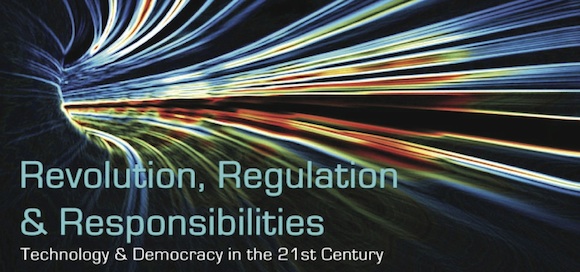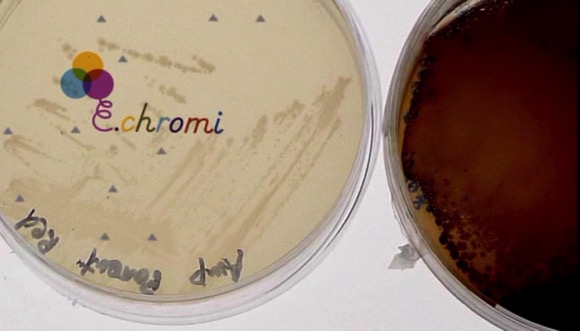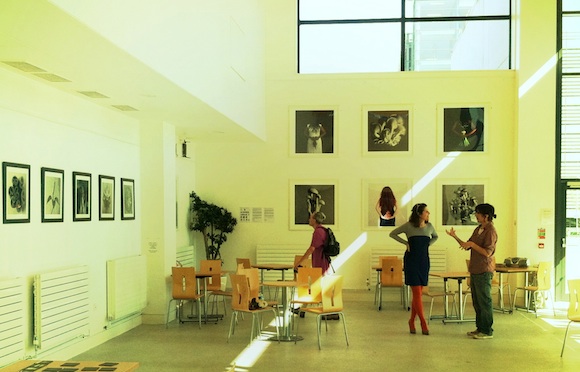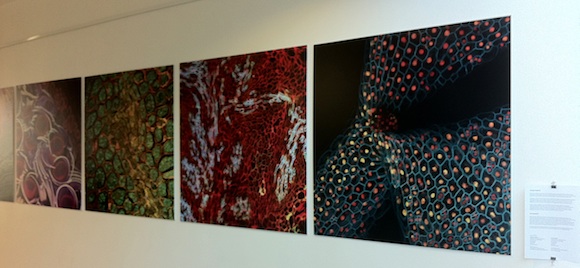April 2011
Synthetic Biology at the BioCentre
20/04/11 14:35

A symposium on Synthetic Biology was the third in a series BioCentre is hosting during 2010-11 entitled "Revolution, Regulation and Responsibilities: Technology and democracy in the 21st Century". The first symposium sought to introduce the theme and overall context for the series with the second focusing on the specific area of advances in nanotechnology. Both events were held in the House of Lords, Westminster with speakers including Andrew Miller MP, Chair of the Commons Select Committee on Science and Technology, Dr. Steven Hill, Head of Strategy, Research Councils UK, Dr. Peter Hatto, chair of the International Organization for Standardization (ISO) Technical Committee for Nanotechnologies and Trevor Maynard Deputy Head of Exposure Management at Lloyd’s of London. The third symposium on synthetic biology explored the general ethical, legal and social implications of this new emerging field and also looked at issues concerning security and what has been termed the “bioterror and bioerror” implications. Speakers were: Dr. Jim Haseloff, Dr. Catherine Rhodes, Institute for Science, Ethics and Innovation, University of Manchester, Melanie Duffield, Team Leader - Advanced DNA and Protein Technologies, Defence Science & Technology Laboratory (an agency of the UK Ministry of Defence) and Alexandra Daisy Ginsbery, artist/designer involved in the ethical, social and cultural implications of synthetic biology.
BioCentre is a UK think tank based in Westminster focusing on emerging technologies and their ethical, social and political implications. Established in 1984 in response to public concern over fresh challenges to ethics and policy resulting from emerging technologies, BioCentre was one of the earlier centres active in the world of bioethics and biopolicy. Its first public event was a major conference convened to address the Warnock report (which became the basis for UK policy on in vitro fertilisation and embryo research) shortly after its publication. BioCentre has published various reports and books, developed partnerships, networked various academics, policy makers and political leaders as well as hosted various conferences and symposia.
RiAus LIFE 2.0 exhibit in Australia
10/04/11 00:21

The Royal Institution in Australia (RiAus) supported the LIFE 2.0 art exhibition at the Science Exchange’s in Adelaide, Australia – which explored how our notions of nature and technology may need to change in an era in which we design hybrid and synthetic life forms and can rebuild nature from the ground up.
Curated by award-winning networked artist, writer and curator, Dr Melinda Rackham, LIFE 2.0 continues her research into the art forms emerging in networked, biological, virtual and architecturally embedded practices. Works by the new breed of UK bio-art designers – Alexandra Daisy Ginsberg, James King and the Cambridge iGEM team, and Revital Cohen – join Richard Pell’s organisms of postnatural origin and Deborah Kelly’s seductive yet scary hybrid life forms.
ArtCell Exhibition
09/04/11 23:30

A pioneering new exhibition, ‘April is the Cruellest Month....’ inspired by T.S. Eliot’s poem The Wasteland, brings together a handful of the country’s most exciting contemporary artists and scientists within Cambridge University’s new ArtCell exhibition space. Offering cutting edge scientific cellular research, combined with artistic vision and application, join an exploration and celebration of ‘dull roots’.... with new potential. Featured artists/scientists: Cinnamon HeathcoteDrury, Stefanie Reichelt, Jim Haseloff, Fernan Federici, Andrea Baczynski.
